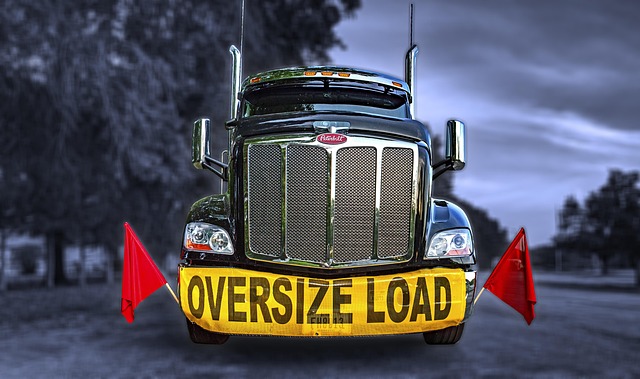Large trucking operations face unique risks, including cargo damage, driver fatigue, and regulatory compliance issues, requiring specialized large truck insurance. Comprehensive policies covering liability, collision, in-transit, and loading/unloading protect against physical damage and liability claims. Tailored policies considering vehicle type, age, usage, and specific operational risks ensure adequate coverage. A robust strategy includes regular maintenance, defensive driving training, advanced tracking systems, and adherence to industry regulations for enhanced safety and responsible operations.
In the dynamic world of trucking, comprehensive protection is paramount. Operating large equipment poses unique risks—from mechanical failures to cargo damage and on-road accidents. This article guides you through navigating these challenges with tailored solutions. We explore the key components of robust large truck insurance, offering insights on customizing policies to meet specific business needs. Discover how to maximize protection for your trucking operation, ensuring peace of mind on the road ahead.
- Understanding the Unique Risks of Large Truck Operations
- Key Components of Comprehensive Truck Insurance Coverage
- Customizing Your Policy to Meet Specific Needs
- Maximizing Protection: Tips for Trucking Businesses
Understanding the Unique Risks of Large Truck Operations
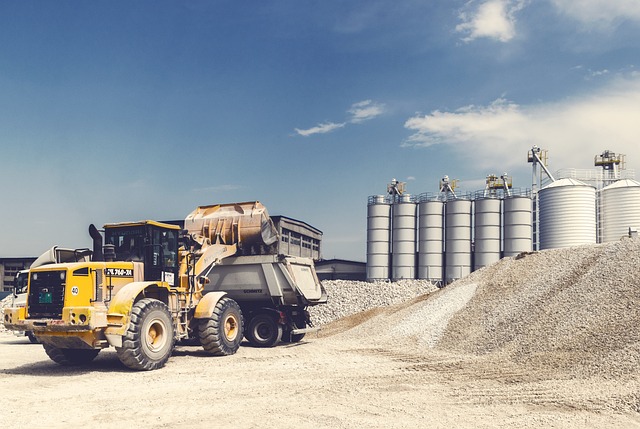
Large trucking operations face distinct risks that require specialized consideration when it comes to insurance. These risks extend beyond typical vehicle accidents and include cargo damage, driver fatigue, and regulatory compliance issues specific to the industry. Given the size and value of the average large truck and its cargo, comprehensive protection is essential.
Trucking companies must also navigate complex legal landscapes and liability concerns, particularly when operating across state lines. Adequate large truck insurance should account for these factors, providing coverage for both physical damage and liability claims. By understanding these unique risks, businesses can make informed decisions to safeguard their assets and ensure the safety of their operations.
Key Components of Comprehensive Truck Insurance Coverage
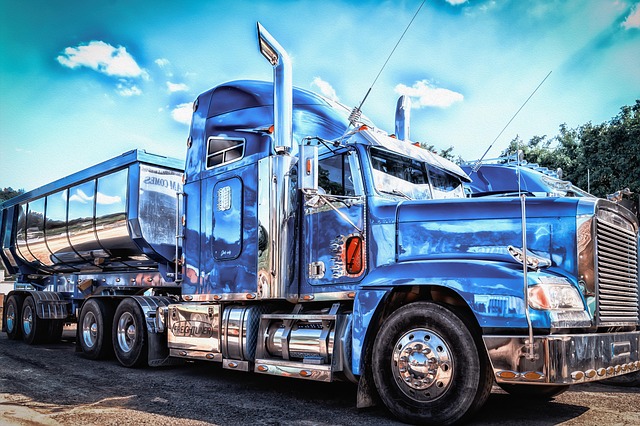
When it comes to comprehensive protection for large trucking equipment, a robust insurance policy is non-negotiable. Key components of large truck insurance encompass several vital areas that ensure both financial security and operational continuity for trucking businesses. Firstly, liability coverage shields against potential damages caused to other properties or individuals during an accident, with limits tailored to the size and nature of the fleet. This includes bodily injury liability and property damage liability, safeguarding against costly legal claims and settlements.
Additionally, comprehensive insurance packages offer protection against a wide range of risks beyond accidents. Collision coverage is essential for large trucks, which are more susceptible to significant damage due to their size and weight. In-transit or loading/unloading coverage ensures that the policy extends to losses or damages incurred during the transportation process. Other valuable add-ons include rental reimbursement to cover operational costs while a damaged vehicle is being repaired, as well as endorsements for specific risks like cargo loss or damage, providing comprehensive protection for trucking businesses operating across diverse scenarios and terrains.
Customizing Your Policy to Meet Specific Needs
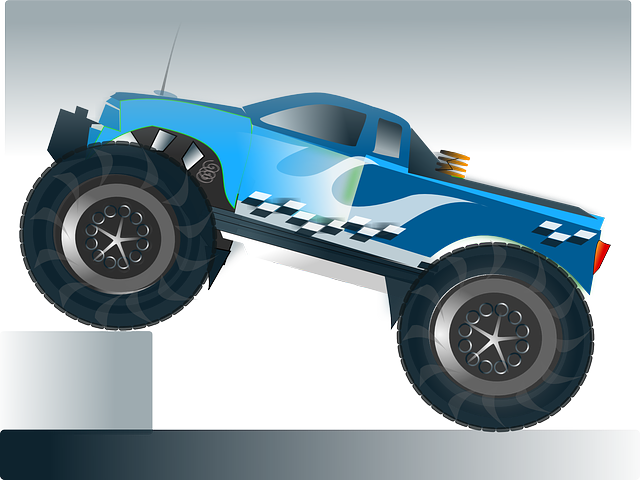
When it comes to insuring large trucking equipment, one size does not fit all. Customizing your policy is essential to ensuring comprehensive protection tailored to your specific needs. This means evaluating factors like the type and age of your vehicles, their usage (local vs. long-haul), and unique risks associated with your operations, such as cargo security or exposure to harsh weather conditions.
A good insurance provider will work closely with you to understand these variables and design a policy that covers potential liabilities, damage, and losses accordingly. This customization allows for peace of mind, knowing that your business is shielded from unexpected events, enabling you to focus on the road ahead—safely and securely.
Maximizing Protection: Tips for Trucking Businesses
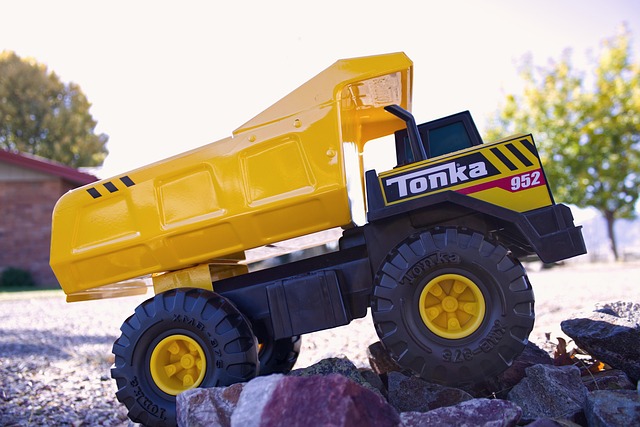
To maximize protection, trucking businesses should consider a multi-faceted approach. One key strategy is to invest in comprehensive large truck insurance policies that cover various risks, including liability, collision, and cargo damage. Additionally, regular maintenance of vehicles can prevent accidents and reduce repair costs, thereby enhancing overall safety.
Implementing robust safety protocols and training drivers on defensive driving techniques further ensures the well-being of both the fleet and the public. Utilizing advanced tracking systems and telematics can also help monitor driver behavior, improving safety outcomes. Moreover, staying up-to-date with industry regulations and adhering to safety standards sets a precedent for a responsible and protected trucking operation.
When it comes to safeguarding your substantial trucking operations, comprehensive protection is paramount. By understanding the specific risks involved and tailoring your insurance policy to address them, you can ensure your business is shielded against potential losses. Remember, a well-customized large truck insurance plan isn’t just about coverage; it’s an investment in the longevity and stability of your trucking enterprise. Implement these strategies to maximize protection, mitigate risks, and drive with confidence knowing your business is secure.
